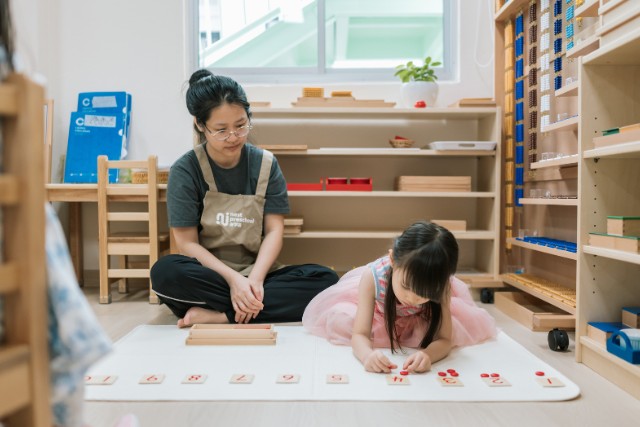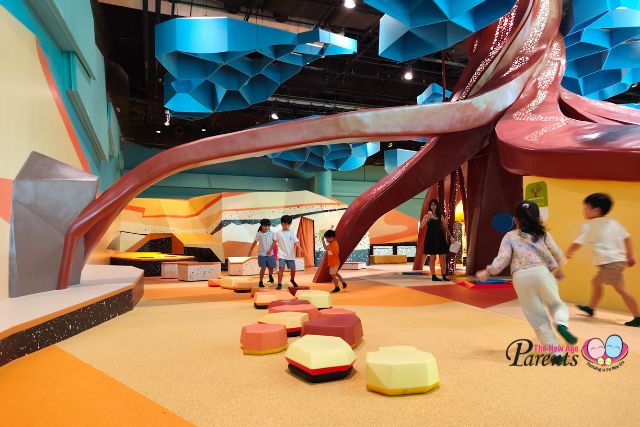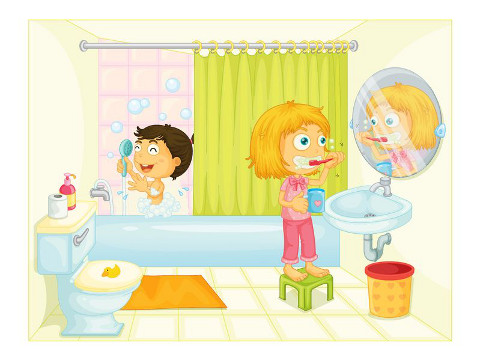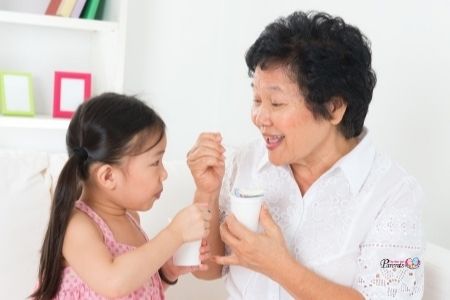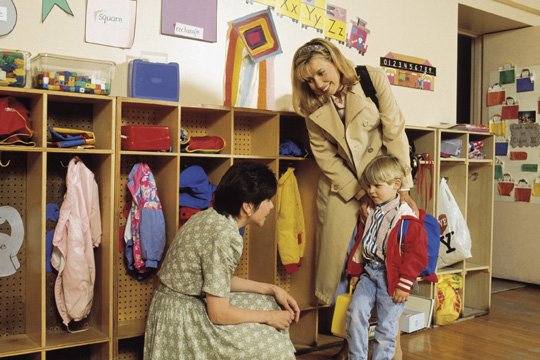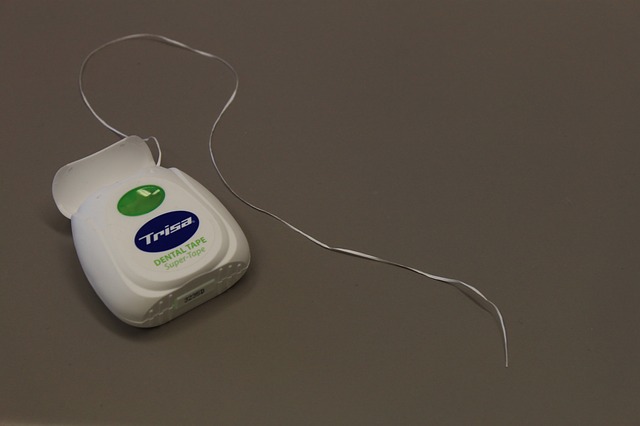In our article Deciding Between Childcare Centre, Parent’s Or In-law’s Care two mummies shared their views and thoughts on their choice of placing their child in a childcare, or under the care of their in-laws or parents.
In this article, we take a look at why one mummy decided to enroll her child into childcare instead.

Mrs Adeline Chin is a 25-year-old full time working HR personnel, with a one-year-old daughter Kaylee. She chose to enroll her daughter in a Childcare Centre that provides Infant Care Services. Here’s why:
- Recognised Qualifications
The teachers in childcare centres are required to have certifications such as diplomas or degree in early childhood. Furthermore, teachers who work in Infant Cares are required to have an additional certification to manage babies at the infant and toddler stages of below 18 months old.
With the standard of training that each of these teachers has, it gives parents an added assurance that their children will be well taken care of.
However, many parents have also shared their concerns about the character of the teachers in the different centres.
Adeline, a full-time working HR personnel and a mother of one, will do her homework thoroughly, to seek out reviews of the centres that may be nearby their homes through forums or word-of-mouth before making a visit to the centres.
Adeline shares that most centres allow parents to sit in to observe the sessions and curriculum in the first three days of a child’s entry into the centre.
Here are a few prerequisites parents can take note of before deciding on a particular centre:
- Cleanliness and hygiene
- Character of the teachers and Principal
- Level of control and patience of the teachers
- Methods of discipline
- Daily and weekly time-table for the children
- Amount of curriculum or activities for the week during their stay in the centres
- The quality of activities – if it is academically based or character building or both
- Ratio of teachers to children
➡️ Related Read: Finding the Ideal Childcare Centre
- Open Accountability
Singapore Ministry of Social and Family Development (MSF) licenses child care centres according to the standards stipulated in the Child Care Centres Act and Regulations, parents find that there is more accountability to put their children into Child Care Centres.
As most Child care centres provide half-day and/or full-day care programmes to meet the diverse needs of working parents. Some centres also provide flexible care programmes and emergency care services, and even before-and-after school care programmes for children up to the age of 14. More info can be found here.
Adeline shares that there is also Closed-circuit television (CCTV) installed in some centres where daily activities are recorded in case anything happens within the compound.
Also, she knows that she can approach MFS should she has any concerns with the CC that may require MFS’s attention such as mishandling of the children or their safety concerns. In short, the centre is accountable to MFS.
- Varied Learning Programmes and Organised Curriculum
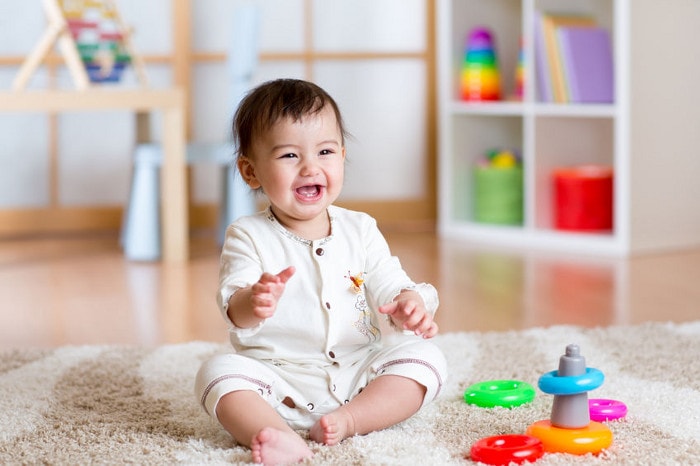
On top of a structured timetable each centre provides, there is also play and other enrichment activities.
Adeline finds that having such activities keep her 1-year-old daughter Kaylee meaningfully engaged and intellectually challenged, something which she finds nannies or grandparents may not be able to do so due to the lack of resources and expertise. Furthermore, there is also less interaction with peers of her age.
“I noticed that Kaylee learns faster as she is exposed to new words and skills on a daily basis as she interacts with the teachers and other children. Surely there are good nannies or other caregivers who have professional and certified skills to care for our children, but it is challenging and rare to find one. And even if I do find, my concern will still be accountability and growth of my child”, Adeline shares.
- Safe Guarding Relationship
Sometimes choosing to place our children at a centre could be one way of showing how we treasure the relationship with our parents. There may be families who have existing conflicts or differing values and parenting styles that may worsen the relationships. For such cases, the parents may find it best to find alternative caregiving solutions.
It can be challenging to voice to our parents how we wish our children to be raised. For myself, I do respect my parents yet I would also like to impart my own values my husband and I have agreed upon. But it would be unfair and difficult for our parents to abide by them if it is not something they believe in or something they are accustomed to.
- Striking a Common Consensus
In short, Adeline advises to parents that it is ultimately what the couple is comfortable with and the decision must be agreeable between the couple. Whichever decision one makes will be the best decision that a parent can give to their children based on their current external circumstances, values and comfort level.
By Yvonne Chee.
* * * * *
Would you choose a childcare centre or your in-laws or parents to take care of your child? Write in the comment box below.
Want to be heard 👂 and seen 👀 by over 100,000 parents in Singapore? We can help! Leave your contact here and we’ll be in touch.













